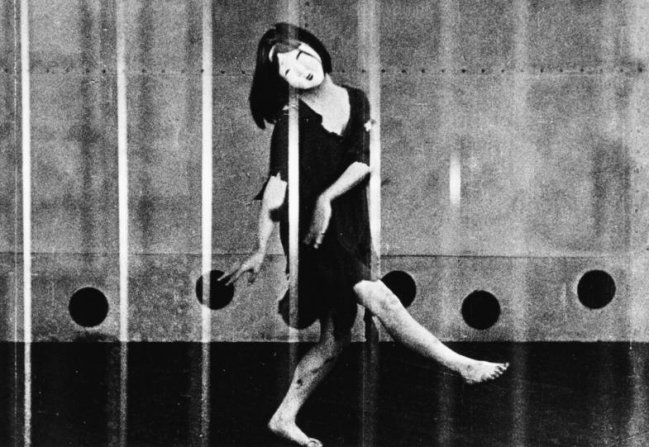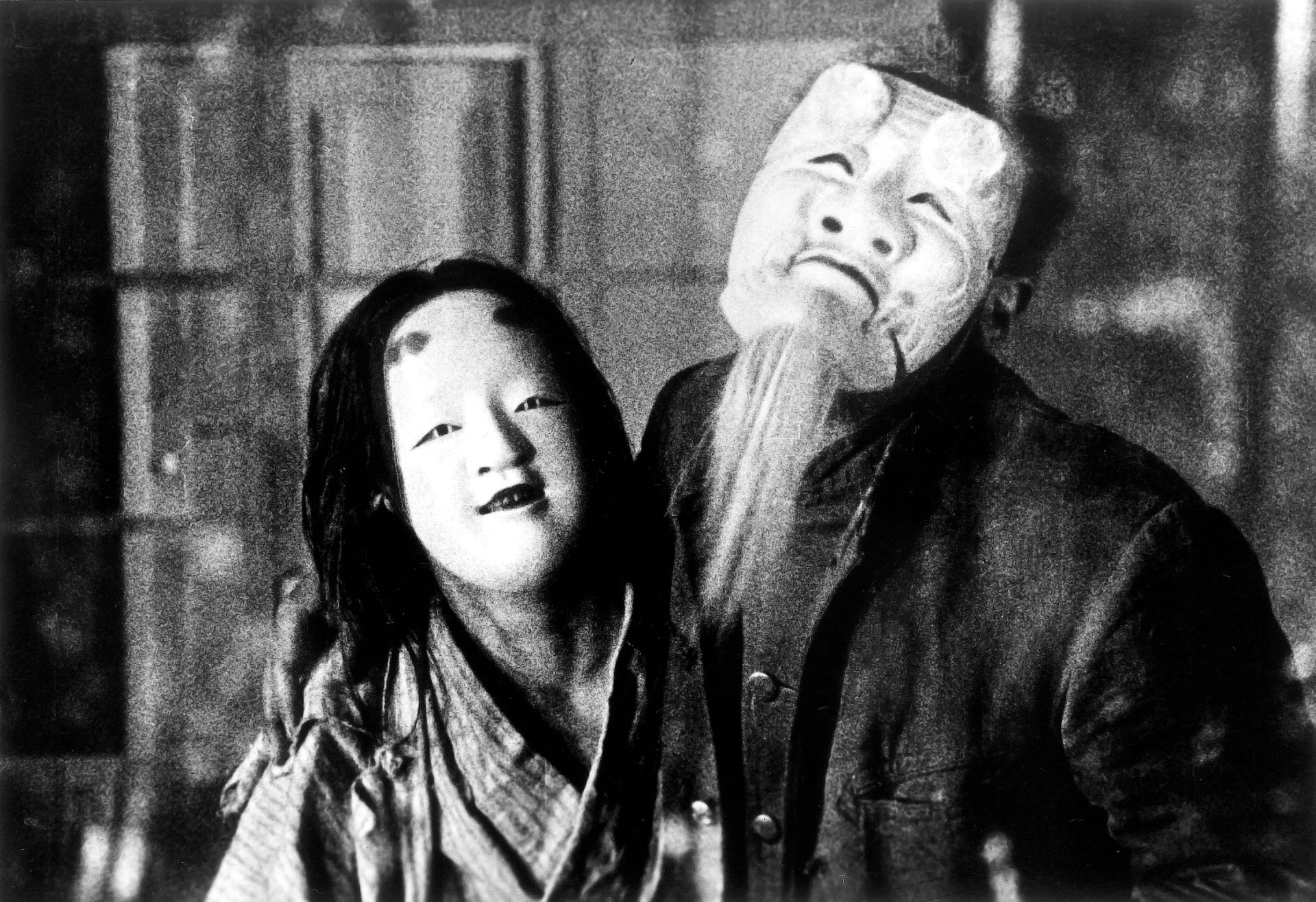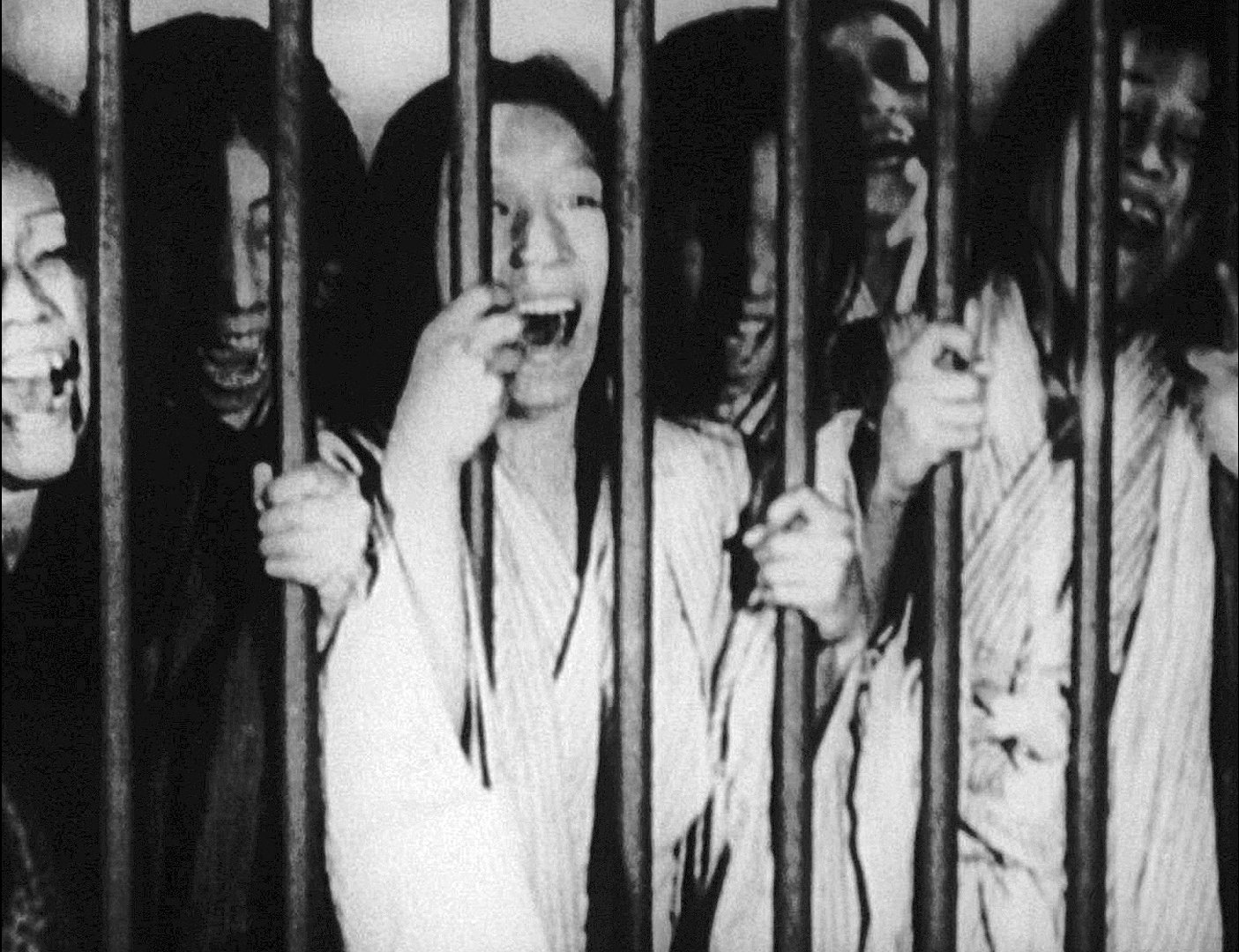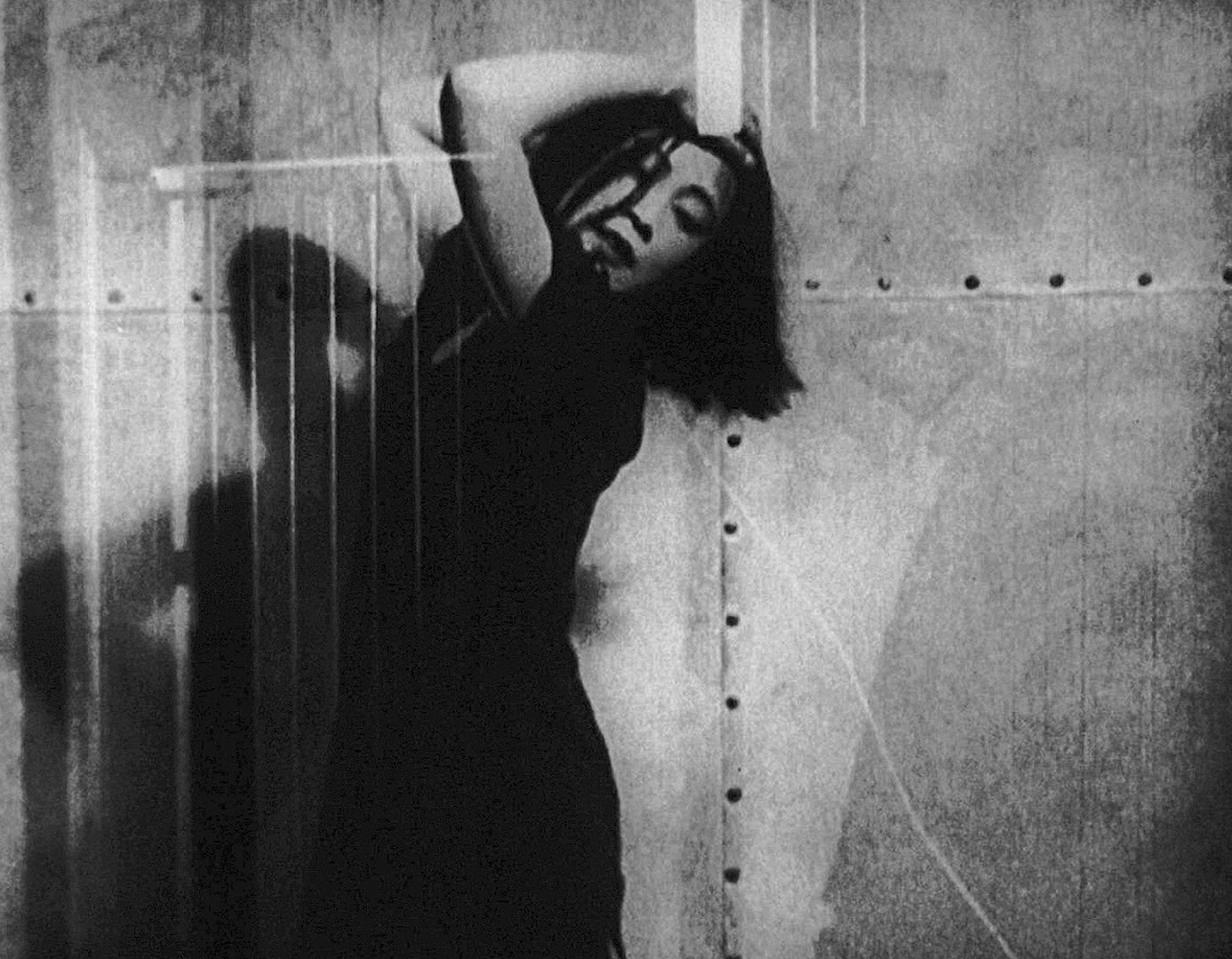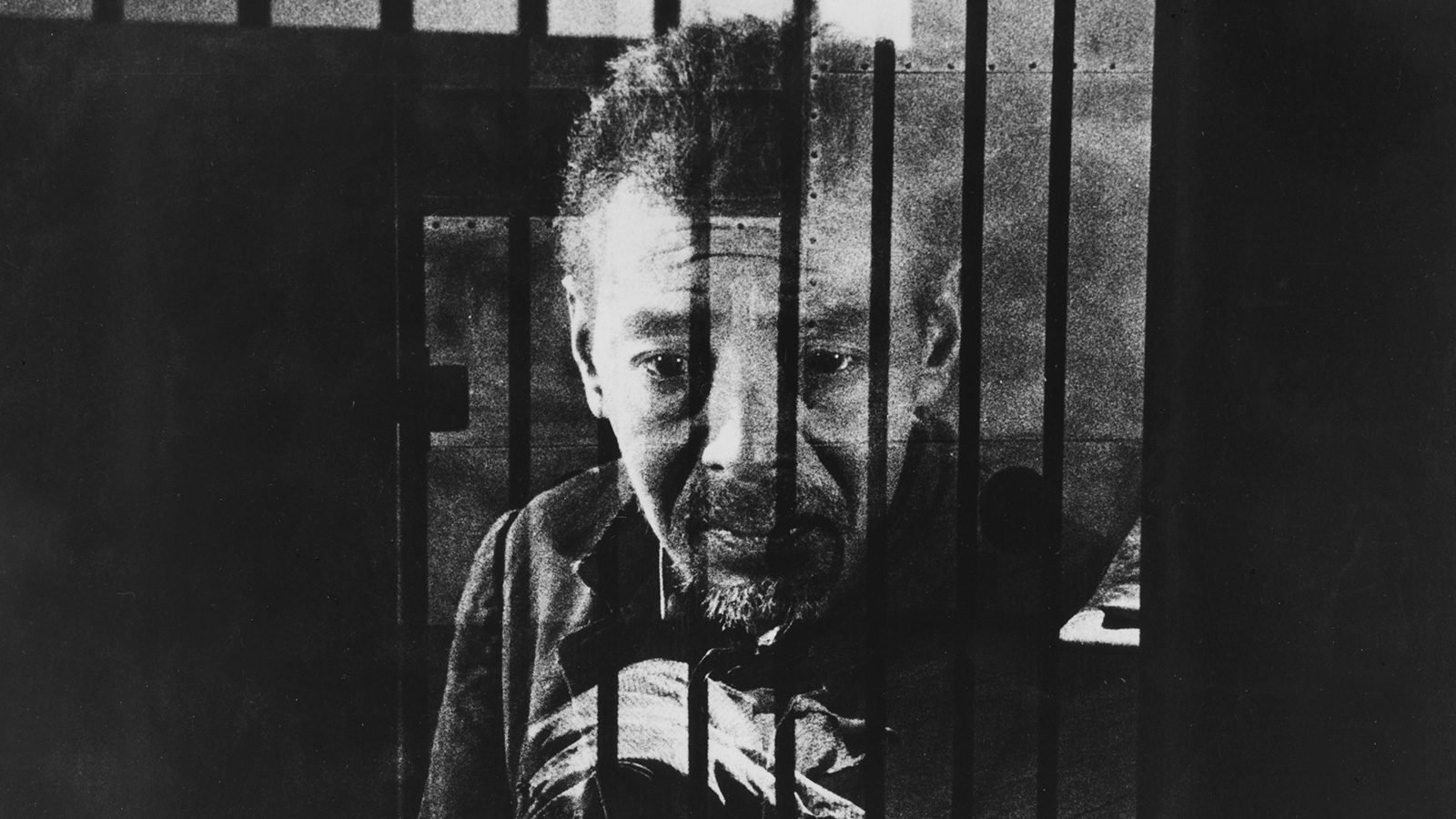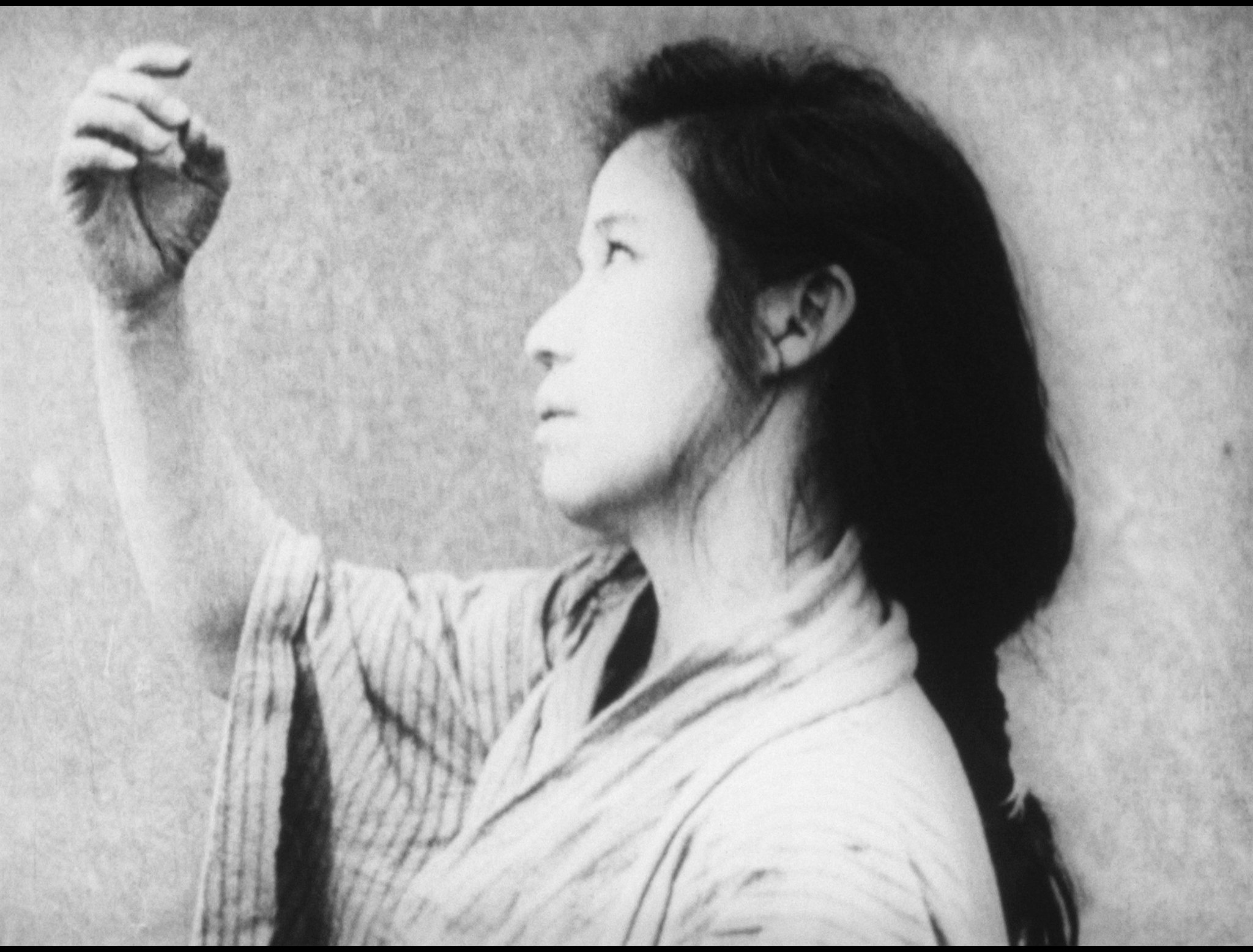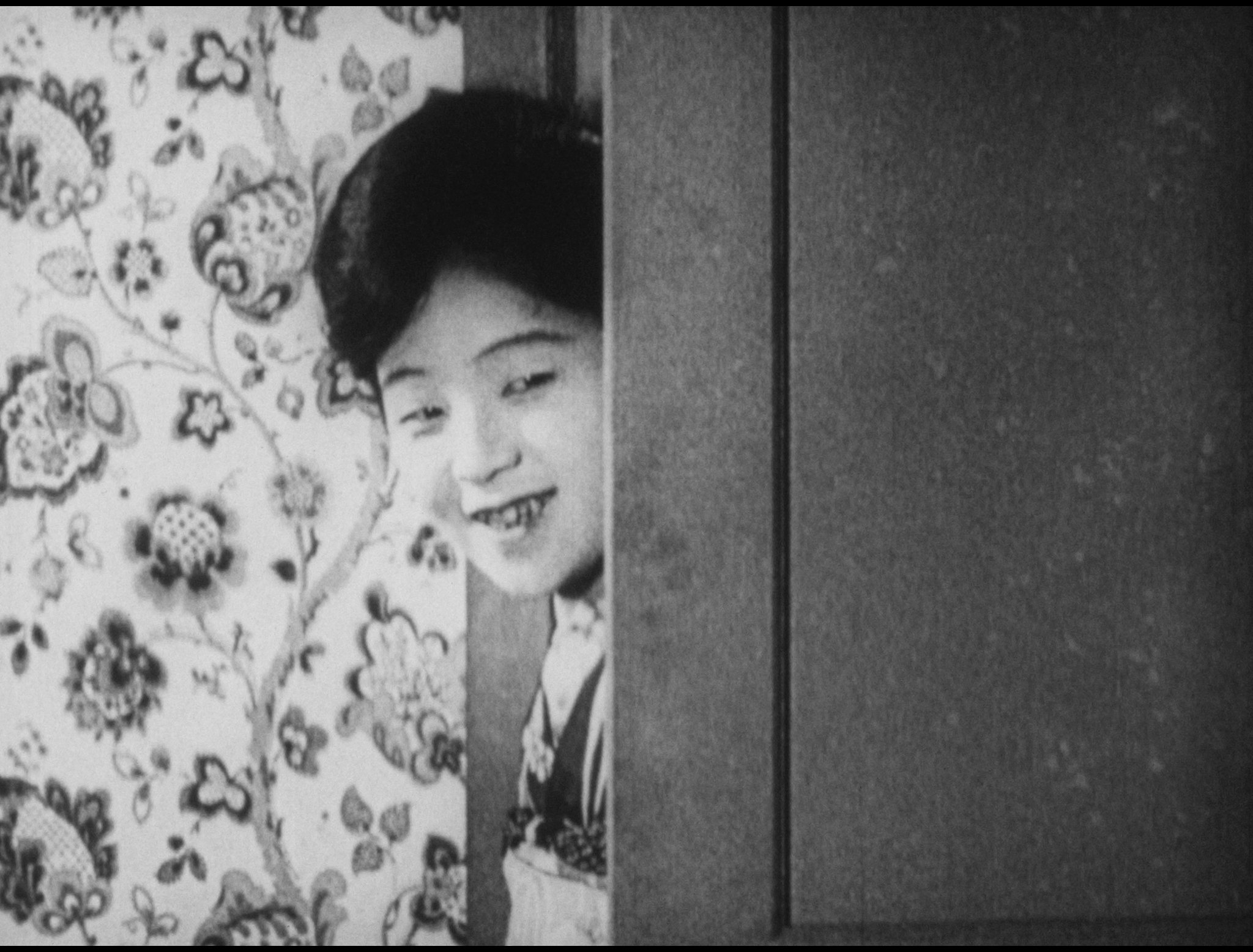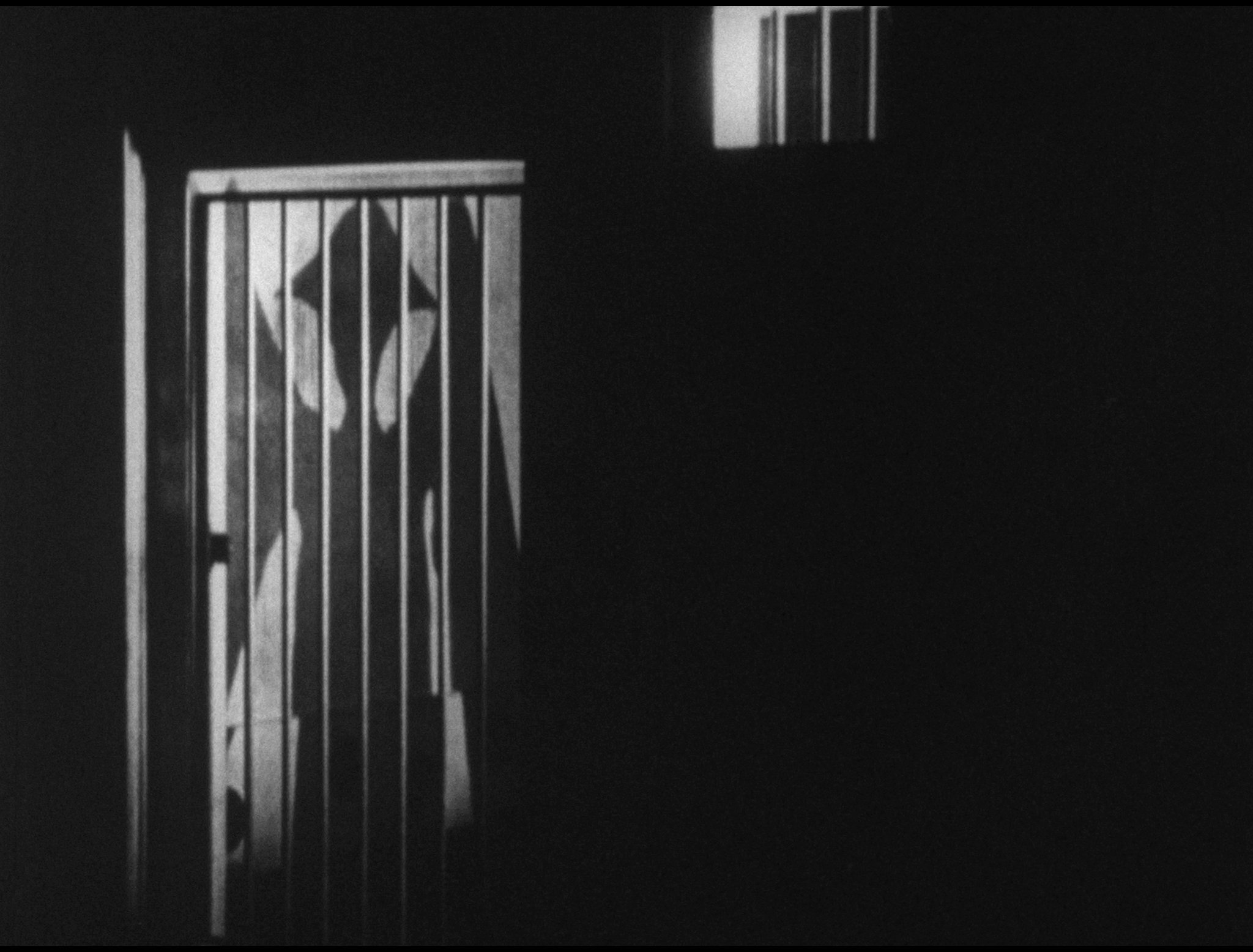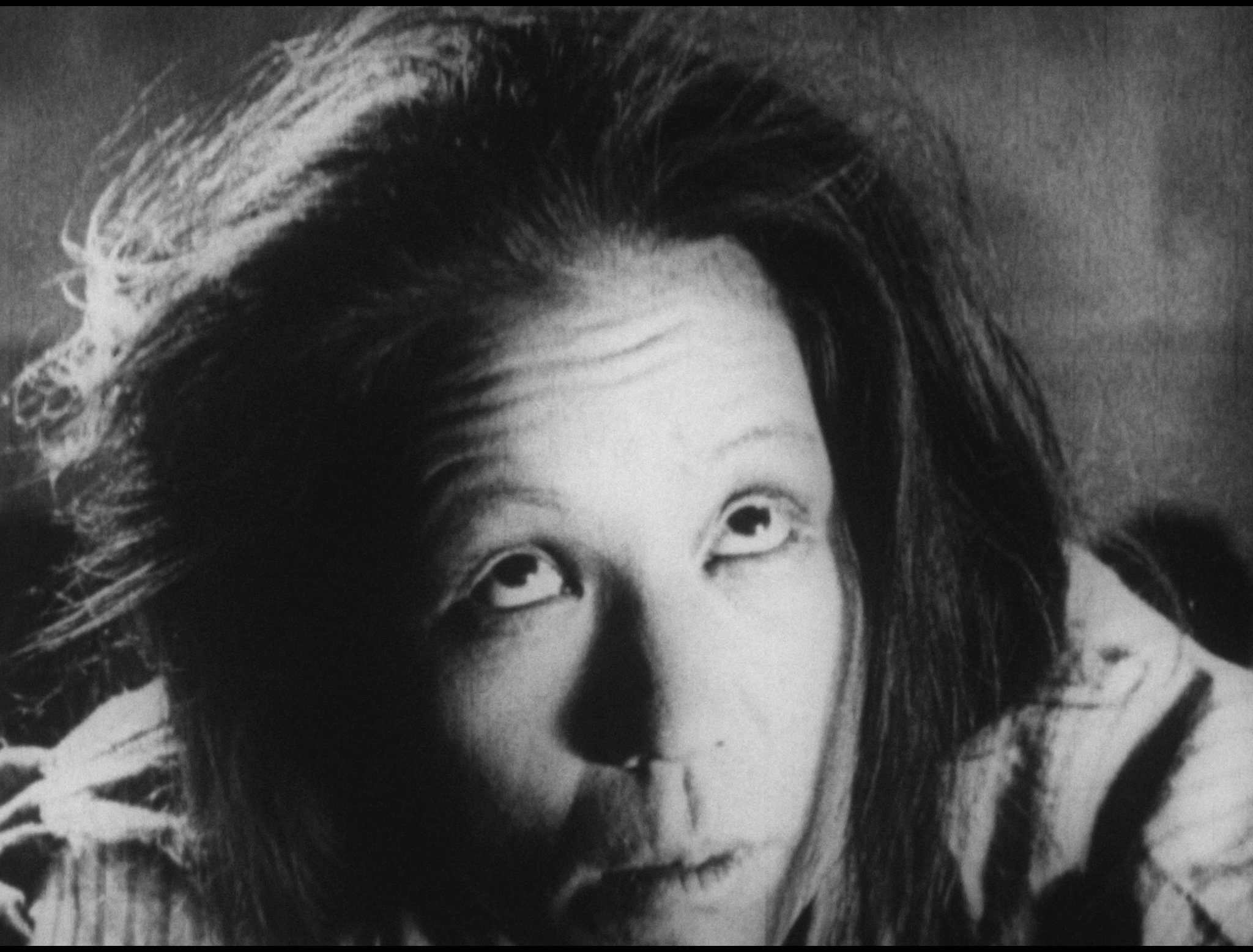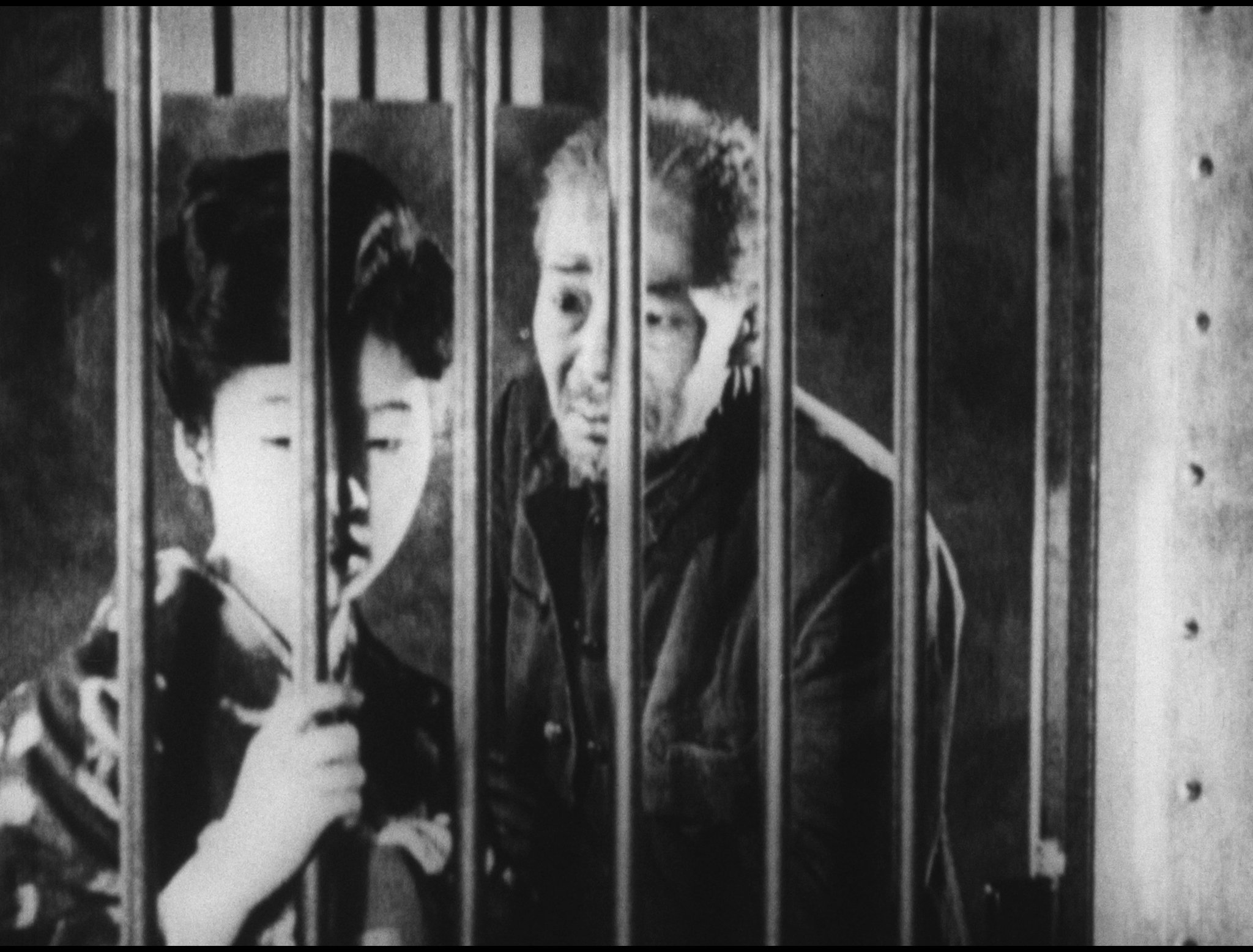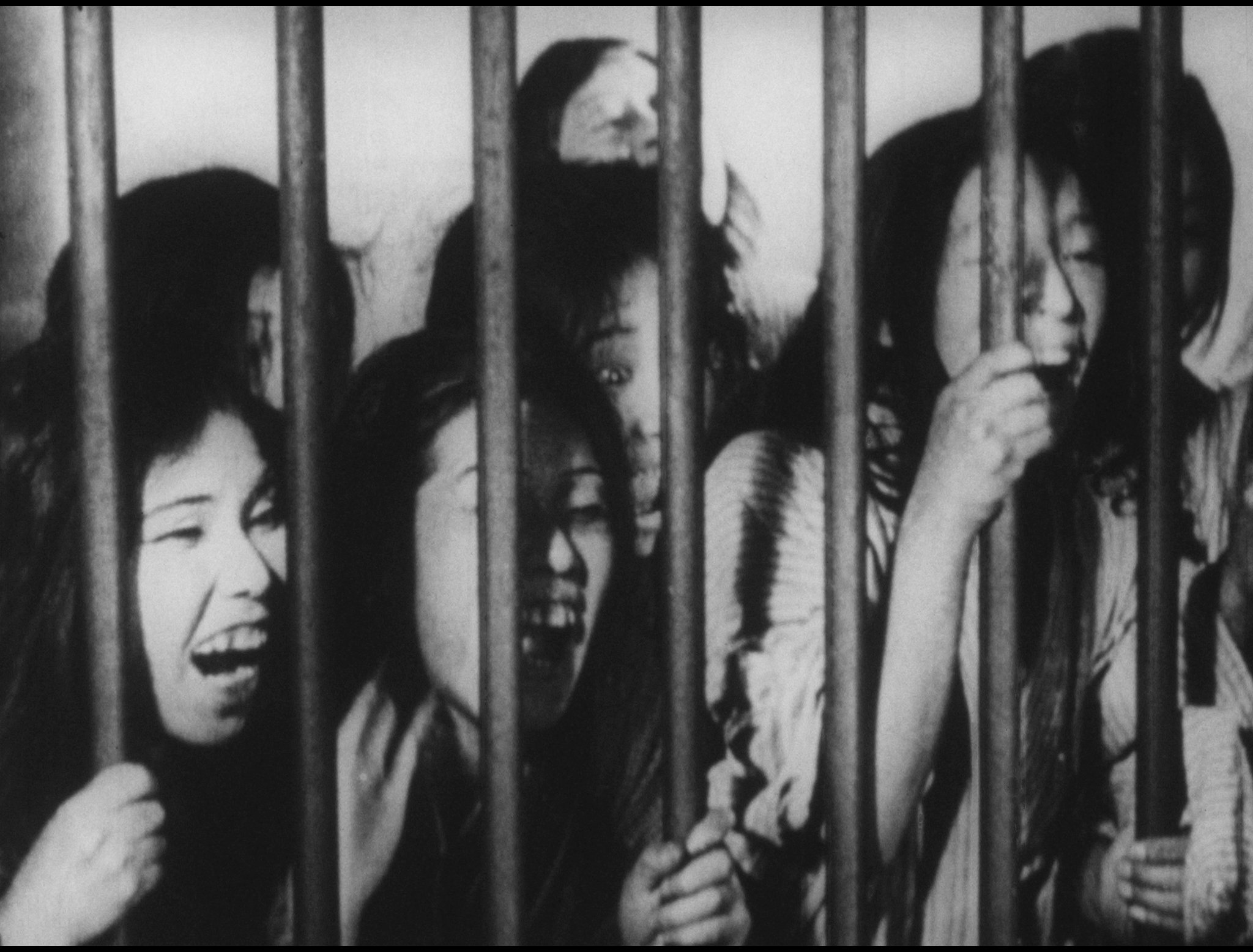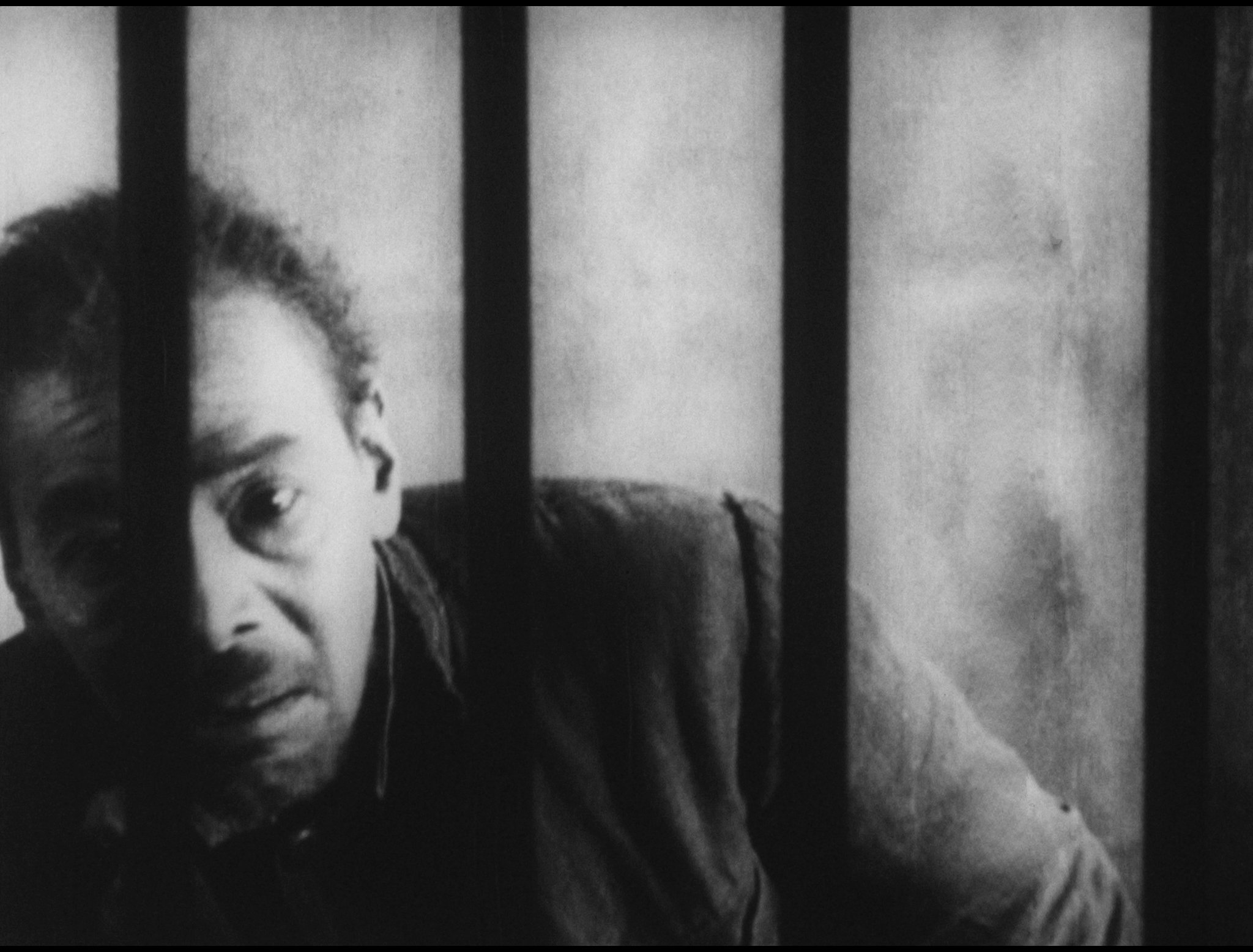A Page of Madness
(Kurutta Ichipêji)
Japan 1926, 67’
Directed by: Teinosuke Kinugasa
Screenplay: Yasunari Kawabata, Teinosuke Kinugasa, Minoru Inuzuka, Bankô Sawada
Cast: Masuo Inoue, Ayako, Iijima, Yoshie Nakagawa, Hiroshi Nemoto, Misao Seki, Minoru Takase
Producer: Kinugasa Productions, National Film Art, Shin Kankaku-ha Eiga Renmei Productions
DCP
Source: FPA Classics
Translation: ENG / PL
A Page of Madness is among the pinnacle achievements of avant-garde cinema – not only in Japan but also worldwide, at least in the version available today, developed by the director in the 1970s. It was then that Kinugasa accidentally discovered a tape considered lost for two decades. He restored it and presented it to the audience for the first time since its premiere. The restored version was shorter than the one shown in cinemas in 1926. Most likely, it did not result from the damage to the tape, but from the director’s decision to cut part of the original material in order to bring the film even closer to its legendary avant-garde masterpiece form.
The movie tells the story of an older man working as a janitor in a psychiatric hospital where his wife is confined. He used to be a sailor, whose frequent, prolonged absences and mistreatment of his wife led to her mental breakdown, the murder of their young child, and a suicide attempt. Stricken with guilt, he got a job at the institution to keep an eye on his wife, who didn't recognize him due to her condition. One day, the hospital is visited by the daughter of the two, who is soon to get married; however, she is afraid that the news of her mother’s illness will stand in the way of the marriage. From that moment on, the line between reality and a waking dream (or a nightmare) becomes increasingly blurred in the man’s perception.
Kinugasa made a film with the support of Shōchiku, one of the largest production companies in Japan, and in collaboration with the neosensualists, a group of writers opposing realistic literature and advocating for portraying reality through the prism of sensory experiences and internal states of the character (especially Yasunari Kawabata, a later Nobel Prize laureate, the author of the storyline). On the narrative level, it follows a popular melodramatic convention, whereas on the formal level, it draws inspiration from European avant-garde cinema. The Page of Madness can be placed somewhere at the intersection of commercial and independent production. It was favorably received by the critics and the more seasoned part of the audience, mainly due to its formal aspect, but it was otherwise a box office failure, and after its theatrical run had ended, Kinugasa returned to making commercial historical films.
For decades, the film’s legend has been growing as a unique endeavor compared to the pre-war Japanese film production, which most of the contemporary audience was not ready for. When the global audience finally saw the film in the 1970s, in a version that toned down its melodramatic elements and emphasized its avant-garde aspect, the critics showered it with praise. Will it spark the same emotions in 2025? We leave it to your judgment.
By Dawid Głownia
The film was restored in 2016 by Film Preservation Associates, Inc.
The screening will be preceded by a lecture by Serge Bromberg and the Siostry Archeo, as well as a set of short films. The screening will be accompanied by music from the band Hainbach.
facebook.com/soundsofsilentswarsaw
instagram.com/sounds_of_silents
live music: Hainbach


